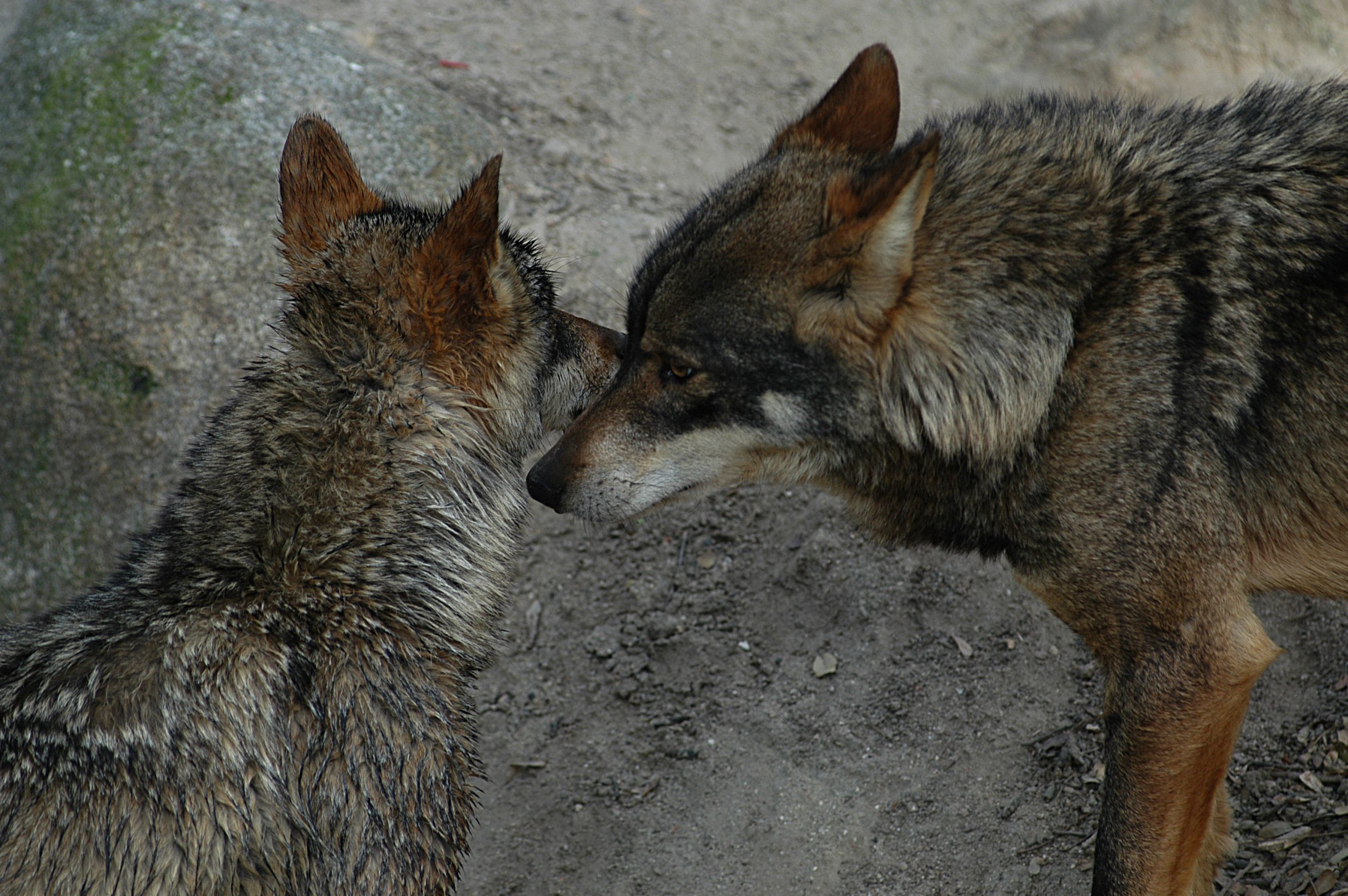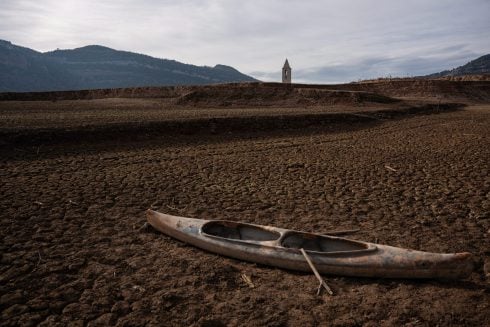WOLVES are expected to return to the Valencia region.
Leading biologists believe that the combination of dwindling population figures in rural areas and the increasing abandonment of agricultural land will encourage the arrival of the predator ‘in five years’ time’.
Castellon Province is predicted to be the main entry point, as several specimens have already been located in the Los Monegros area in neighbouring Aragon after travelling down from the Pyrenees.
Another possible gateway is the Rincon de Ademuz in Valencia Province, while entrance through the south of the region, namely Alicante, is unlikely as the animal is said to be nearly extinct in the Sierra Morena mountain range between Andalucia and Castilla-La Mancha.
Opinions on the legendary animal vary greatly. The Spanish government’s decision to ban hunting the Iberian wolf has been met with outcry on behalf of farmers and hunters, who see the Canis lupus as a dangerous predator that severely threatens their livelihood.

In fact, the decision to protect the species caused a rift within the government itself, as the Minister for Agriculture, Luis Planas, has openly taken up a contrary position to Teresa Ribera, the Minister for Environmental Transmission responsible for the ban.
It is also significant that the autonomous communities with the highest wolf populations were the ones to most fiercely oppose the protection bill.
Experts suggest that ‘a consensus’ must be found in what is a very complex issue.
Wolves preferably hunt wild prey, but in areas such as Galicia and northern Portugal where they cannot adequately feed themselves, they resort to attacking cows and other livestock.
Ranchers are calling for clearly defined but flexible protection parameters that allow them to act in certain situations, plus compensation schemes for financial losses.
Spokespeople for farmers’ union ASAJA warn that wolves attack more than 4,000 domestic animals in Spain every year, adding that in 2020, wild animals inflicted losses of more than €30 million due to hunting restrictions enforced as a result of COVID.











